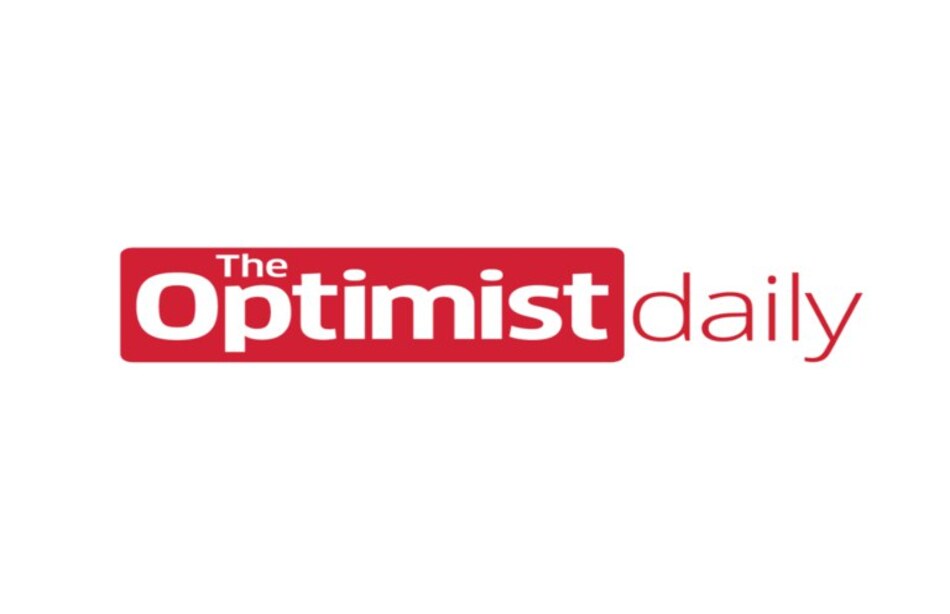As technology’s power and influence have grown astonishingly in the past 20 years, no one was prepared for its implications down the line. Data privacy is one of these unforeseen issues, with no real laws and rights currently in place around this topic.
We are under the hold of our browsing data, not being able to access certain websites and resources unless we submit to accepting tracking. Penn Medicine physician Ari Friedman was faced with this fact when trying to access academic journals and found he could not unless accepted his data being tracked. “I was shocked,” he says. “I still have a lot of idealism around academia, and that felt antithetical to the mission of these journals, which is to share knowledge.”
Are companies tracking our health data?
This experience spurred a research project looking into how personal health data is tracked and held. “In a lot of different corners of the web, you can’t access health information without being tracked,” says Matthew McCoy, who worked on the project. “Most people probably know about cookies, but they likely don’t think about their implications, about what it means to have an entity know all the pages you look at. We want to help people understand why this matters.”
Analyzing 500 high trafficked COVID-19 related websites helped the researchers figure out the frequency of third-parties access to visitors’ information. They found that 99 percent of these web pages included a third-party data request and 89 percent included a third-party cookie.
It’s well known that companies use this personal health data to target ads and content to appropriate consumers, so the team further investigated the implications of this. On the surface level, a few adverts don’t seem like much of a problem, however, the unforeseen domino effect could be catastrophic. In the future, this data could be used to gauge credit scores, insurance coverage, sway elections (which impacts health policy), and undermine doctors, amongst other unanticipated uses.
The future of data privacy
Important work such as this shines a light on much-needed changes to the data policy to protect people’s privacy, as well as bring public awareness to the issue.
Currently, many web pages do not give us the choice to opt-out of these intrusive data schemes. The team believes the solution comes from a policy level change and governments need to do more to address data privacy and transparency. To aid this effort, the team’s paper discusses ethical considerations and recommendations for the future of online health data.
Source study: Gerontology and Geriatric Medicine – Addressing Online Health Privacy Risks for Older Adults: A Perspective on Ethical Considerations and Recommendations











